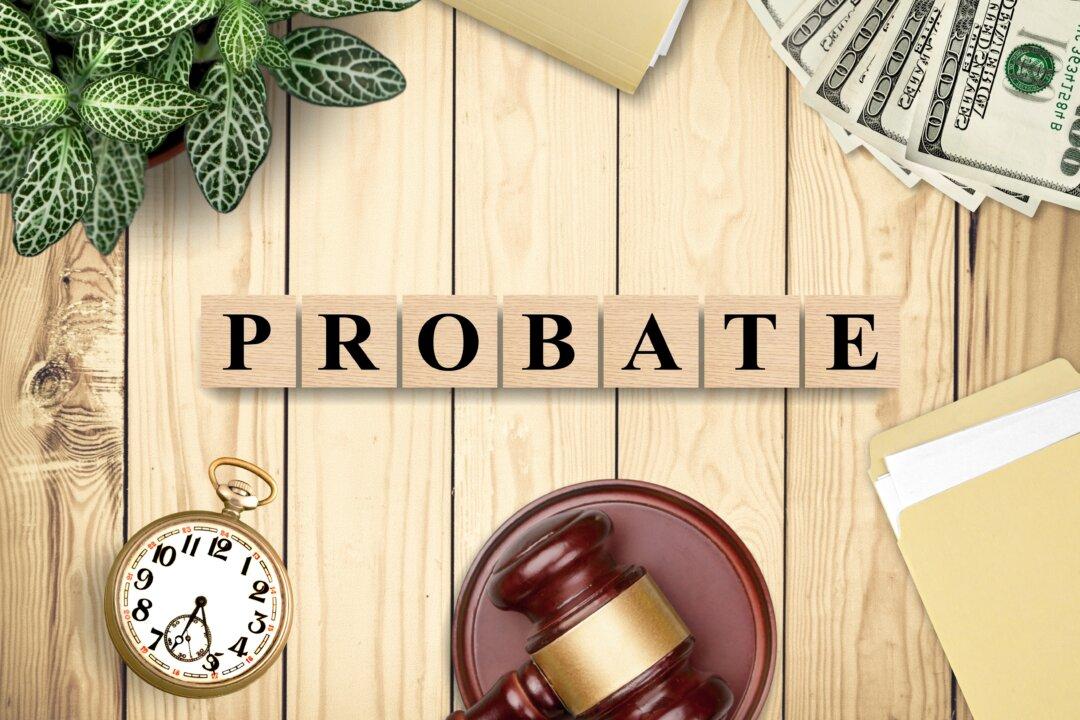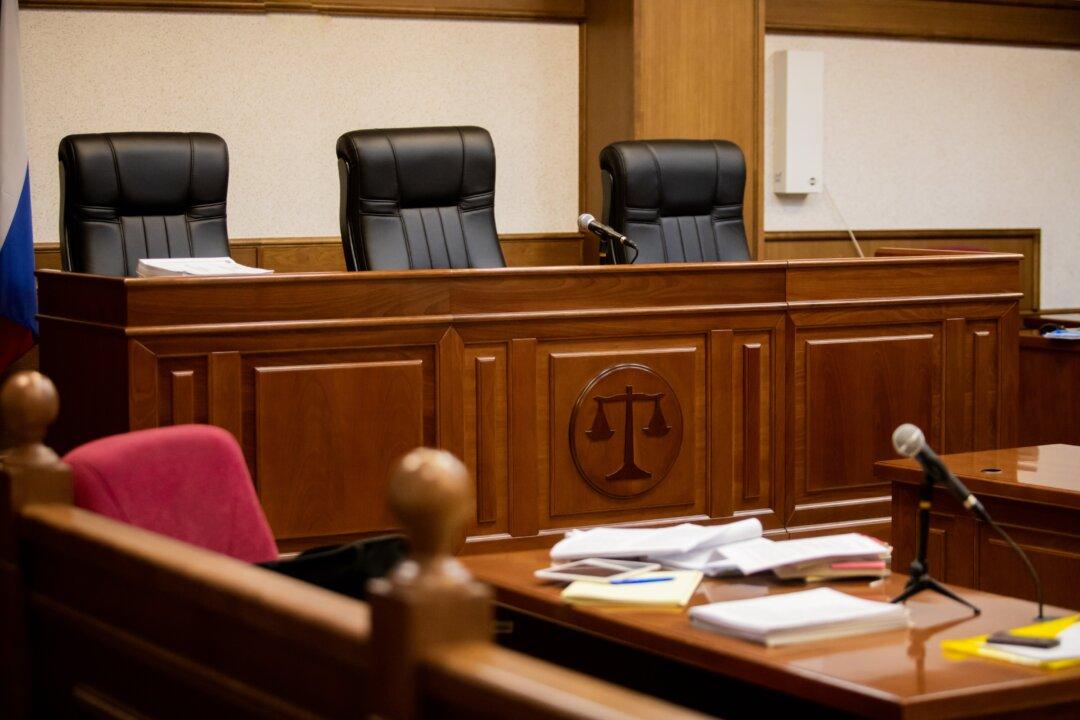In certain situations, probate might be necessary at least for part of the assets of an estate. Even with proper planning, where most of a person’s assets are being handled by probate-avoiding devices such as a revocable trust, the power of the court system can be tapped by putting some of the estate assets through the system.
Suppose there are assets of the deceased that need to be collected but those who have them refuse to turn them over, dispute the value of them, or hide information on their existence or whereabouts. Probate courts have the authority to issue injunctions, subpoena documents, subpoena witnesses to testify, order receiverships, and even require assets to be turned over to the probated estate. Trials can be held on disputed questions of fact relating to the estate.
It is not unusual to see assets disappear when a person nears death. I have dragged folks in front of the judge to explain what happened to bank balances, personal property, boats, and practically anything that can be carried away. The usual response, after initial denials, is that the deceased intended the items as a gift. Using the court’s power, I have been able to get copies of canceled checks and car title transfers to see what actually happened. Follow the paper trail. Without some corroborating evidence of the intent to make a gift, the courts will normally require the assets to be returned to the estate. The closer the alleged gift was made to the date of incompetency or death, the more likely the court is to require a return of the property.
Small business partnerships are very often problems when one partner dies. While a partnership agreement or buy-sell contract would avoid such problems, most small businesses don’t have them. The surviving partner might stonewall when pressed for information on assets and debts of the business. It is understandable that the partner would not want the family or heirs of the deceased involved in the business, but the value of the business is rightfully an estate asset. The court can order an examination of the books, appraisals of assets, and even put the business under receivership until the needed information is produced.
Missing documents are another solvable problem. Sometimes we know that a trust was created because we find recorded deeds in the name of the decedent’s trust, but no one can find the original trust document. Perhaps it was destroyed by someone who was disinherited. If we know the name of the attorney who wrote the trust it is possible, with the testimony of the lawyer and any witnesses to the signing of the trust, to have the court certify that a photocopy can legally substitute for the missing paperwork. States have lost-document statutes that set out the procedure for creating a valid stand-in for the missing original.
In a case where a trust has been created but no one is willing to act as a trustee to implement the trust provisions, the court can appoint a trustee, usually without subjecting the trust to formal court supervision. This can be more easily done if the trust itself addresses that situation and requests that the court act in a ministerial role to make that appointment. This happens when the named trustees have predeceased the trust maker, or are themselves incompetent, or just don’t want to be the trustee. The fact that they were appointed in the trust document does not mean they are required to take on that responsibility. Having a choice can come as a big relief to an appointed trustee who is not also an heir.
The following examples illustrate problems encountered by my clients. Solutions to the problems are identified and described, provided that a solution was possible. Sometimes all I can do is explain what should or could have been done to avoid the problem in the first place. As a way of describing the character roles, I have given the characters aliases, which are by definition not their names in real life.
Example 1
Bob and Elizabeth had worked for years to build up a better than average-sized estate. They had their home mortgage-free and well maintained, as well as various investments including bank and retirement accounts. Their two grown children, Tina and Jerry, were married with their own homes and lived nearby. Being responsible sorts, Bob and Elizabeth went to an attorney recommended by their insurance agent to have their will made. They had read about avoiding probate, so they asked the attorney about the advisability of getting a trust set up. They were considering setting aside some money in trust for their three grandchildren’s education and had heard that a trust could accomplish that goal.
Their lawyer knew a bit about wills, probate, and trusts, though he was not a specialist, and thus created wills for them. Included in the language of the wills were several pages devoted to describing the terms of the requested grandchildren’s trust and appointing the parents of the grandchildren as the trustees of the trust, as well as personal representatives (executors) of the will itself.
After the deaths of Bob and Elizabeth, Tina and Jerry went back to the lawyer, who had the original wills, expecting a quick and inexpensive settlement of the estate.
Of course, that did not happen, or I would not use this as an example.
The lawyer explained that everything was in order and that he needed some information to prepare the wills for probate and get the trusts set up. The process, he said, was to advertise the notice of probate, notify creditors, inventory the estate assets, pay the probate and creditor expenses, transfer the shares of the children into a court-supervised trust account, and then transfer the remaining assets to Tina and Jerry. The process would take six to twelve months, and he could not estimate the total costs since it would depend upon how much time he expended on it. His hourly rate of $275 was typical for the area, he explained, and in any event, it would have to be approved by the judge.





